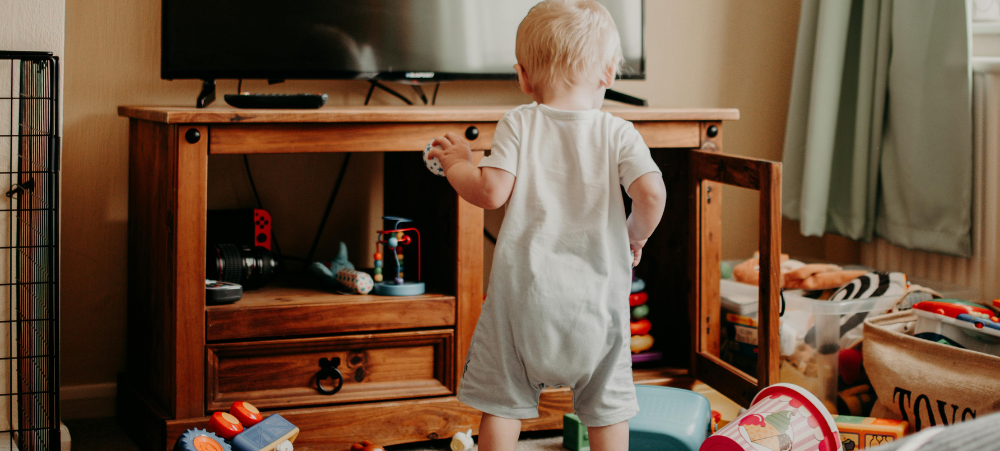Dibber International Preschools is calling on families to reflect on their youngest children’s exposure to technology. While screens may offer convenience and short-term distraction, research shows that excessive screen time for toddlers and preschoolers can hinder emotional, social, and cognitive development.
“Young children learn through experience—by engaging with people, moving their bodies, and exploring the world around them,” says Ursula Assis, Country Director of Dibber International Preschools South Africa. “No screen can replace the warmth, responsiveness, and complexity of a real-life interaction.”
By the age of six, a child’s brain has already reached around 90% of its adult size, with neural connections forming at a rate of up to one million per second in the early years. This period of rapid brain development makes it especially important to provide rich, real-world experiences that support language, social interaction, and emotional growth. Excessive or unregulated screen time can limit these crucial interactions, reducing opportunities for imaginative play, problem-solving, and face-to-face connection—activities that are essential for building strong neural pathways. Managed or limited screen time during these foundational years helps children engage with their environment in meaningful ways, laying the groundwork for healthy cognitive, emotional, and social development.
“Studies have found that too much screen time in early childhood is linked to reduced empathy, shorter attention spans, weakened impulse control, and even delays in language acquisition. According to leading brain scientists, babies under one year old do not learn from screens at all. As neuroscientist Patricia Kuhl explains, infants absorb information best from human interaction—learning is deeply rooted in eye contact, tone of voice, and the rhythm of real conversation.
“At Dibber, technology is used thoughtfully and sparingly, with an emphasis on what truly matters for early development: play, creativity, relationships, and movement. What may seem like boredom or unstructured time is, in fact, where some of the most important growth happens. That’s when children practise problem-solving, build imagination, and learn to manage frustration—skills screens simply cannot teach,” says Assis.
The World Health Organization recommends no screen time at all for children under two, and no more than one hour per day for children aged two to four. Instead,
Dibber encourages parents and caregivers to focus on:
- Storytime and reading aloud, which supports vocabulary development and focus.
- Face-to-face play, to nurture empathy and emotional intelligence.
- Outdoor exploration, which builds sensory awareness and coordination.
- Simple, screen-free routines like shared mealtimes and bedtime conversations.
“We understand the pressures families face, and we’re here to support – not shame – parents navigating these challenges. But we want to remind families that the most valuable thing they can give their children isn’t a device – it’s their presence,” concludes Assis.
- What Parents Should Look for in a Preschool: The Power of Play-Based Learning - December 23, 2025
- Are We Over-Scheduling Our Children? - December 16, 2025
- Five Ways to Encourage Independence and Confidence in Children with Special Needs - December 9, 2025





